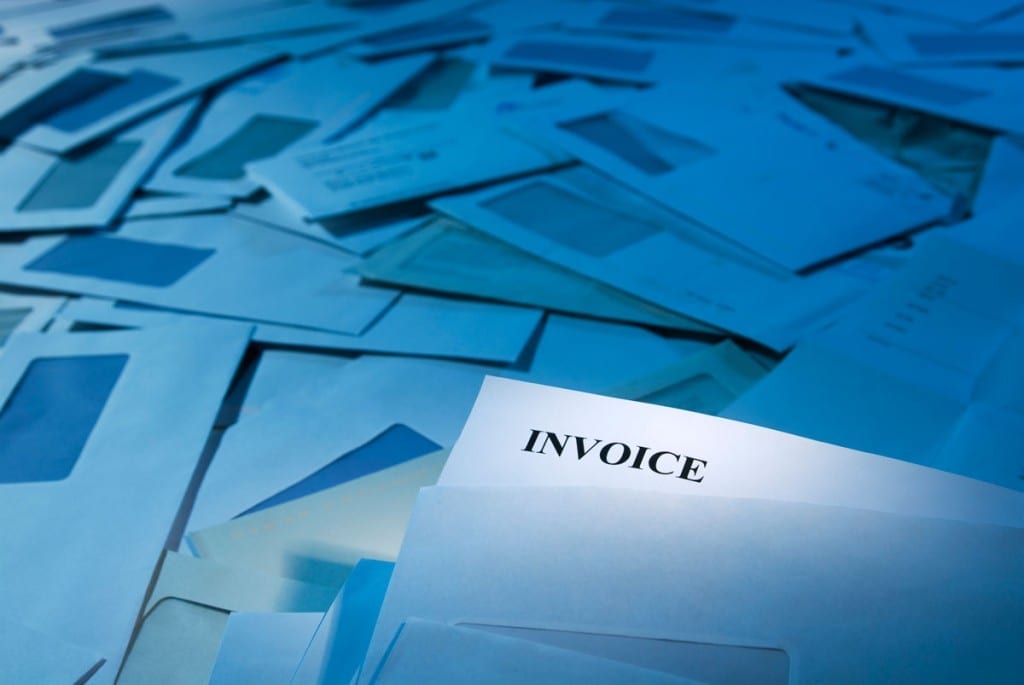What Should I Have on My Invoice?
June 28, 2016
Helpful Questions to Answer When Invoicing
Once work is completed, the first thing that comes to mind is payment.
Having the right information and required invoicing information is essential. It allows a client to know how much to pay, how to pay and can set the image for your company.
Proper invoicing allows for payment to occur promptly, on time and with little confusion. Best of all, it allows your company to be memorable to your client. Proper invoicing can help portray a professional image and to help stay competitive in your industry.
5 Questions to Ask When Invoicing
An invoice should help your client by answering these important payment questions.
 1. Who is billing me?
1. Who is billing me?
Often this is the first thing a client will review. They want to know who exactly they’re paying. The invoice should include your company name, who to contact with any questions (with a phone number and email address), and the company address.
This information is usually first referenced to the customer needs answers or more insights on your invoice. Make sure that this information is always up to date, otherwise, payment processing could be delayed.
2. What amount am I to pay?
This may seem like a no brainer, but it can lead to many issues with invoicing if not handled properly. Make sure to track any additional charges or amounts that may not be known to the customer. Giving a breakdown of this information can help your client know where any discrepancies may occur in billing.
3. What work was done?
Give your client a description of the work that was completed. Remind them that this work is now done and that payment is now expected for the work. Having dates and location(s) of the work allows for the client to know specifically what they’re paying for. Some invoices may include items like reference numbers, who completed the work and any other pertinent information.
4. How should this be paid?
Outline how you would like to be paid. Make sure to provide clear and concise information to help eliminate any questions. Often accounts payable departments reach out to ensure this information is correct before initializing a payment. Help them out and save yourself some time by providing how you would like to get paid and where to send payments.
This may also be a good time to subtly remind them of any payment agreements you may have such as payment terms or conditions.
5. What am I referring to? (Invoice Number)
Simply having an invoice number allows for a point of reference for you and your client. This is also referenced when payment is sent and collected. The invoice number allows you to track, follow and reference to when you need to know the status of an invoice.
How Can Scale Funding Help?
Scale Funding is here for your accounts receivable needs. Our dedicated staff is trained to look at your invoices and get you paid quickly.
Since 1994, Scale Funding has offered a variety of financing solutions to help get your invoices paid and provide you with the cash flow you need.
If you would like to know more about what Scale Funding can offer you, contact our team today. Our financial experts would love to talk with you!
Author: Megan L.


